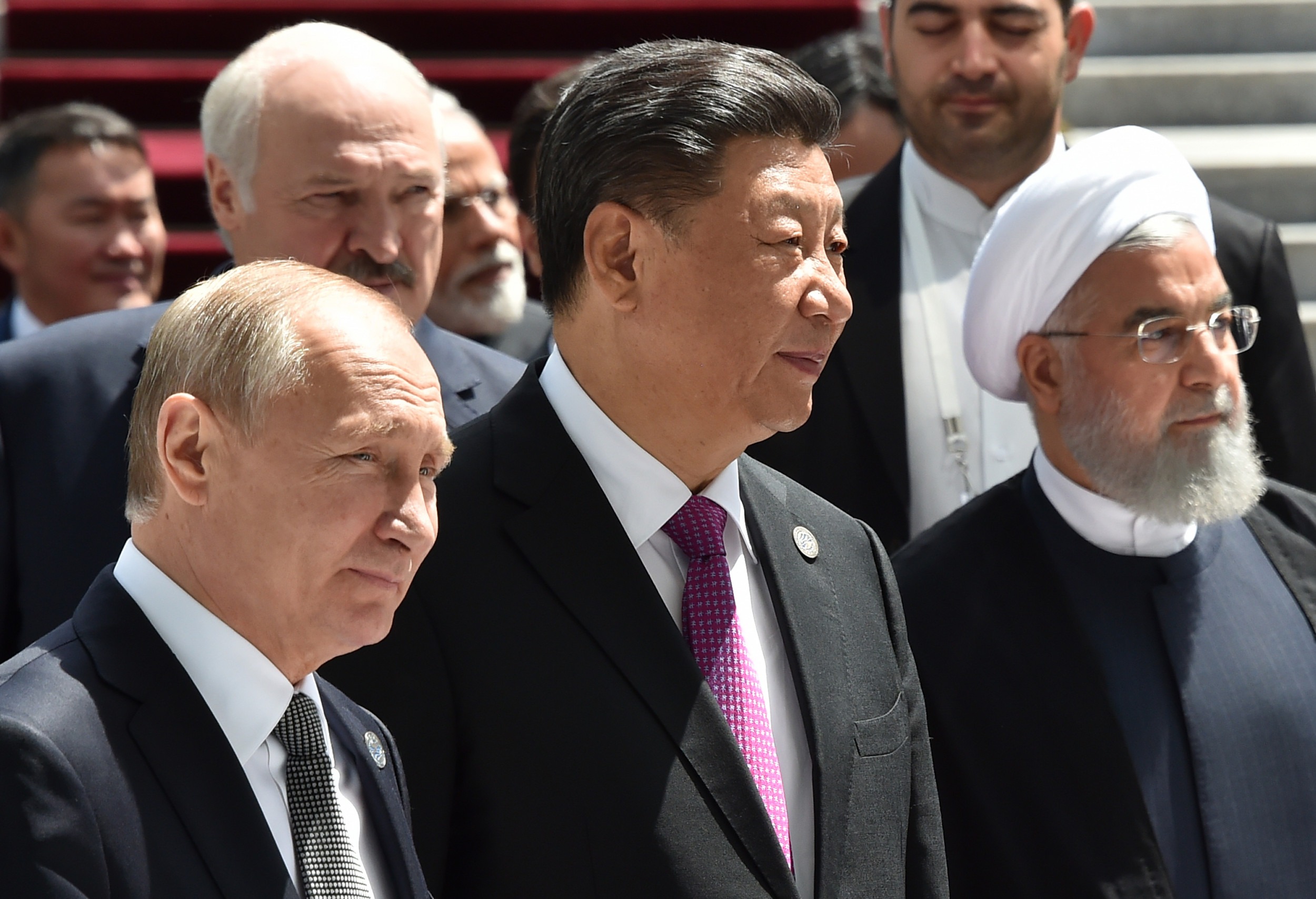As we approach the expiry of Iran arms embargo Washington is trying to prevent other countries, including China and Russia, from selling arms to Iran through threats and intimidation. Earlier, the United States once again submitted a draft resolution for extending the arms embargo on Iran which failed to receive the needed votes and eventually the US announced that it will use the ‘trigger mechanism’ and will restore UN Security Council sanctions against Iran.
At the same time, it called on other countries to comply with those sanctions while, up to now those US efforts have been faced with lack of support from the international community. In this regard, last week US Secretary of State Mike Pompeo, without referring to the failure of the UN Security Council members and the international community to comply with Washington’s unilateral approach for extending anti-Iran sanctions, threatened Beijing and Moscow and said: We’re going to go after every violation that we can muster the resources to respond to. That will be, whether it’s Chinese violations or violations from the Russians, arms or economic sales.
Regarding Pompeo’s remarks against Russia and China and the threat issued against those countries, it should be noted that since the United States has unilaterally re-imposed the sanctions against Iran, it has acted contrary to the Security Council resolutions and the UN Charter. In the UN Charter, the Security Council is recognized as the highest decision-making body on international security. When the Security Council has not approved re-imposition of the sanctions, there is no doubt that the US action in this regard is a clear violation of the UN Charter and international laws.
Within the context of the impact of US unilateral action and primary and secondary sanctions against Iran, some large companies that have branches in the United States or have trade transactions with that country, apart from the Security Council framework, may voluntarily choose not to deal with Iran. In other words, although there is no legal prohibition for these companies, they may refrain from taking risks for fear of sanctions and not enter into a deal with Iran. Therefore, the mechanism of effect of US secondary and unilateral sanctions is mainly that companies do not enter into a deal with Iran for the fear of US sanctions, although there is no legal prohibition on them. As a result, both the US actions in unilaterally re-imposing sanctions and Mike Pompeo’s threats are against the UN Charter and Security Council resolutions.
Of course, there are realistic concerns about a possible Chinese-Russian arms deal with Iran; first, China and Russia will not sell weapons to Iran until the November 3 elections; because then the US reaction may become severer than what they think. Also in American domestic politics, however, Democrats can use this subject matter to attack Donald Trump.
The second point is that if we imagine that Trump will win the November 3 elections, we would likely be faced with two scenarios for Iran; first, we will probably be witness to a revision of Russia and even China in their foreign policy towards the United States. In other words, Moscow and Beijing will try to reduce past tensions and somehow keep pace in a limited cooperation path with Trump. In this case, if Iran intends to continue its policies as in the past, this policy of Russia and China can be harmful to Iran and, consequently, their cooperation with Iran will decrease.
Another scenario if Trump wins is that if he comes to power again, China and Russia have no other choice than to move towards detent with the United States and ask Iran to do the same.
On the other hand, if Trump’s Democratic rival, Joe Biden, wins the presidential elections, we will be witness to a different atmosphere and the issue of Chinese and Russian arms sales to Iran will be overshadowed by Biden’s return to the Joint Comprehensive Plan of Action (JCPOA). Under such circumstances, Beijing and Moscow will sell conventional and limited arms to Iran more conveniently.
Therefore, now we should wait to see which of the two candidates will win the competition and, based on that, predict what will happen in future and what will be the form of interaction with Iran in terms of conventional arms sales.










0 Comments